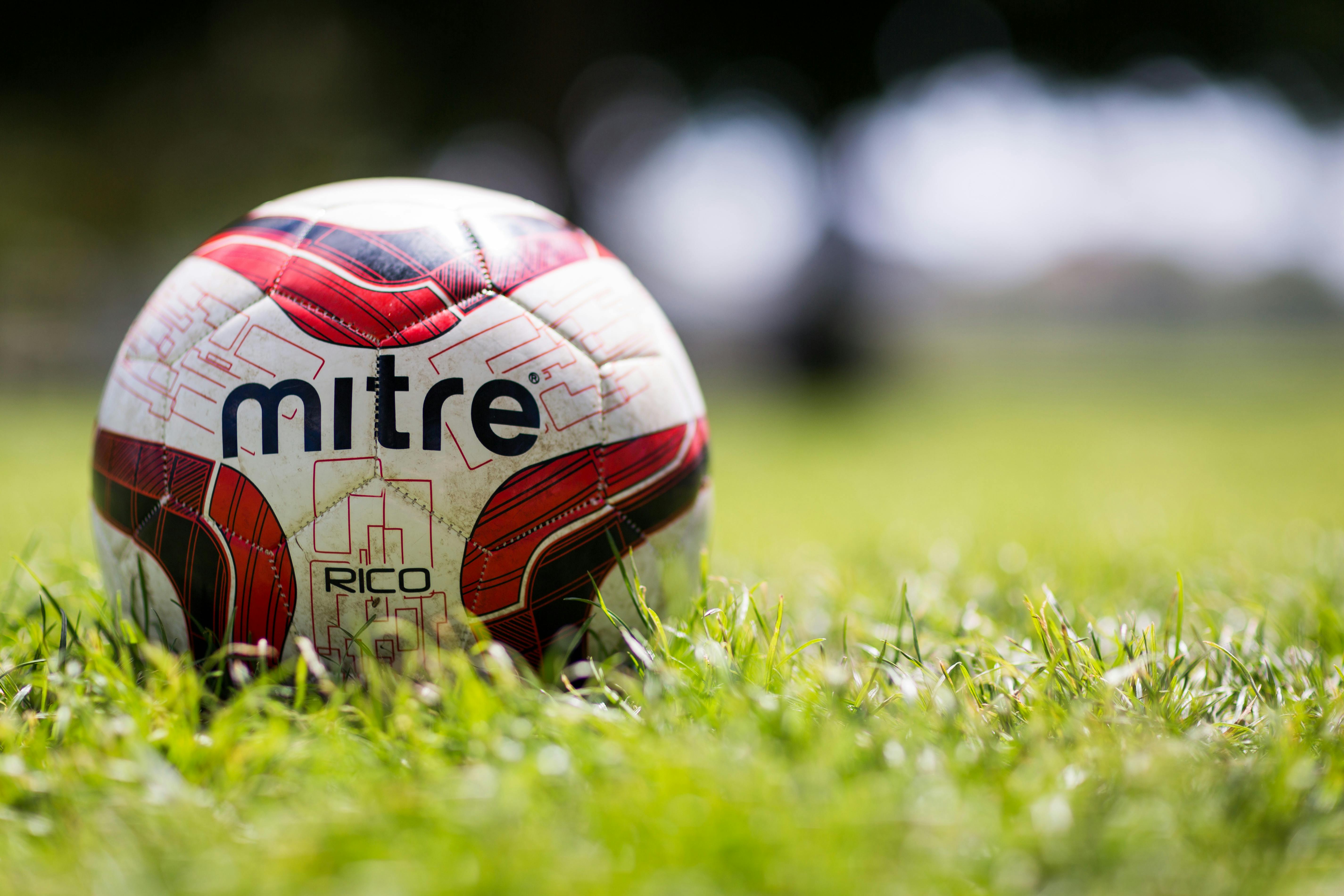Every team has players who, despite their best efforts, seem to struggle more than others with improvement. As a coach, it’s your challenge and privilege to guide these underdogs, helping them unlock their potential and find their place on the field. Here’s a comprehensive approach to coaching players who find improvement elusive.
1. Understand the Individual
Before you can effectively coach a player, you need to understand them. Spend time getting to know their strengths, weaknesses, and, importantly, their mindset. Some players might be struggling with confidence issues, others with understanding the game's tactical aspects, and some might simply be late bloomers physically. Tailoring your approach to the individual is key.
2. Set Realistic and Specific Goals
Setting goals is foundational in sports, but for players struggling to improve, these goals need to be both realistic and specific. "Getting better at soccer" is too vague and overwhelming. Instead, focus on achievable, measurable objectives, such as "improve passing accuracy to 70% in the next month" or "master the basic dribbling technique by the end of the season."
3. Celebrate Small Victories
Recognition of small achievements can significantly boost a player’s morale and motivation. Celebrate when they reach their mini-goals or even when they show noticeable effort and improvement in specific areas. This positive reinforcement encourages them to keep pushing forward.
4. Individualized Training Plans
Sometimes, a one-size-fits-all training program doesn’t work for everyone. Develop individualized training plans that focus on the player’s specific needs. This might mean extra sessions focusing on certain skills, physical conditioning, or even mental aspects of the game like concentration and confidence.
5. Encourage Peer Support
The social aspect of team sports can be a powerful motivator. Encourage team members to support each other, especially those who are struggling. Peer encouragement can boost confidence and foster a more inclusive team environment, making improvement a collective goal.
6. Incorporate Varied Learning Methods
Different players have different learning styles. Some might benefit from visual aids, such as video analysis of their performance or watching professional players execute skills. Others might prefer a hands-on approach, learning best through repetitive practice. Tailoring your coaching methods to match the player’s learning style can facilitate better understanding and faster improvement.
7. Emphasize Effort Over Outcome
It’s important to shift the focus from winning or being the best on the team to personal effort and improvement. Make it clear that you value hard work, dedication, and resilience as much as, if not more than, natural talent or game outcomes. This mindset helps players stay motivated and reduces fear of failure.
8. Leverage Technology
Tools like Ollie can be instrumental in supporting players who struggle. Utilize Ollie’s tracking and analytics features to monitor progress, set goals, and provide actionable feedback. The app’s communication tools can also facilitate constant encouragement and guidance, keeping the player engaged and informed.
Conclusion
Coaching a player who struggles to improve is a journey that requires patience, understanding, and creativity. By taking a personalized approach, setting clear goals, and using the right tools and methods, you can help every player, regardless of their starting point, to develop their skills and confidence. Remember, the role of a coach is not just to create star players but to inspire all players to reach their full potential, both on and off the field.


